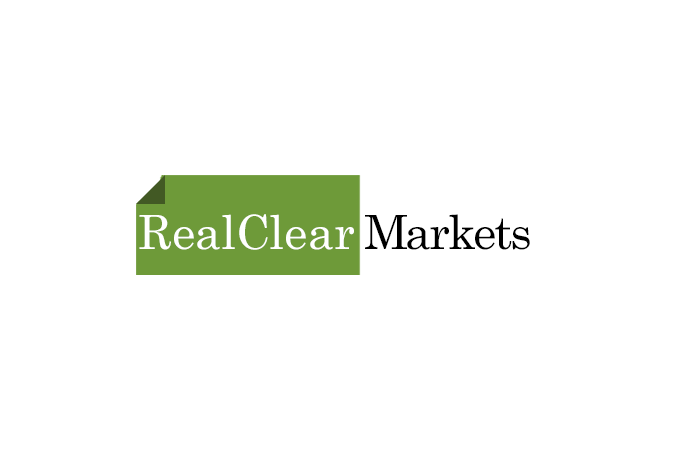BY SENATOR BLANCHE LINCOLN
This column first appeared in RealClearMarkets:
In a speech last week on the economy, Federal Reserve Board Chairman Jay Powell said it was not yet clear how the delta variant will impact the economy. He did say that the “Covid pandemic is still casting a shadow on economic activity.” Also last week, the government reported that retail sales fell 1.1%, a worrisome sign for our economic recovery.
That is why I am so concerned about the economic repercussions of raising the corporate tax rate on American businesses and working people while our recovery is so fragile. That’s because studies show that a higher corporate tax rate results in higher prices, lower wages, lower retirement savings, fewer jobs, and a slower economy.
That is why I am so concerned about the economic repercussions of raising the corporate tax rate on American businesses and working people while our recovery is so fragile. That’s because studies show that a higher corporate tax rate results in higher prices, lower wages, lower retirement savings, fewer jobs, and a slower economy.
Studies have shown that raising the corporate tax rate will lead to higher prices as the increased costs are passed on to consumers. This means even higher grocery, utility, and retails prices.
Studies have also shown that working people bear as much as 70% of the burden of a corporate tax rate increase in the form of lower wages and income.
A new analysis by the nonpartisan Congressional Joint Committee on Taxation shows that a corporate tax rate increase would hit 172 million taxpayers. More than two-thirds (66.3%) of the burden of the corporate tax increase would be borne by taxpayers earning less than $500,000.
A corporate tax rate increase would also hit small business, not just large corporations. A US Chamber of Commerce study found that the proposed corporate tax rate increase would hit 1.4 million small businesses across the country.
Studies have also shown that working people bear as much as 70% of the burden of a corporate tax rate increase in the form of lower wages and income.
A new analysis by the nonpartisan Congressional Joint Committee on Taxation shows that a corporate tax rate increase would hit 172 million taxpayers. More than two-thirds (66.3%) of the burden of the corporate tax increase would be borne by taxpayers earning less than $500,000.
A corporate tax rate increase would also hit small business, not just large corporations. A US Chamber of Commerce study found that the proposed corporate tax rate increase would hit 1.4 million small businesses across the country.
Finally, I have serious concerns about raising the corporate tax rate to a level much higher than our global competitors like China. US businesses already pay a combined average federal-state tax rate of 25.8%, higher than the average rate of 23.4% paid by OECD countries. Increasing our corporate tax rate would put US companies at a competitive disadvantage, harming US workers and our economy.
Even a 25% tax rate, resulting in a combined average rate of 29.5%, would force US companies to pay a higher rate than most of our global competitors. Thirty European countries would have a lower tax rate. Even China, which has a nominal rate of 25%, would have a lower tax rate.
In my home state of Arkansas, 10,612 companies, including 7,335 small businesses, would be forced to pay a combined corporate tax rate of 29.7%, one of the highest in the world.
With the pandemic casting a shadow over our economy, now is not the time to raise the corporate tax rate. Increasing corporate taxes will hurt working families and small businesses and put American businesses at a global competitive disadvantage. Instead, let’s focus our attention on getting this pandemic under control and sustaining our economic recovery.
Blanche Lincoln, a former U.S. Senator from Arkansas, is the founder of the Lincoln Policy Group and works as an advisor for the RATE Coalition.
Even a 25% tax rate, resulting in a combined average rate of 29.5%, would force US companies to pay a higher rate than most of our global competitors. Thirty European countries would have a lower tax rate. Even China, which has a nominal rate of 25%, would have a lower tax rate.
In my home state of Arkansas, 10,612 companies, including 7,335 small businesses, would be forced to pay a combined corporate tax rate of 29.7%, one of the highest in the world.
With the pandemic casting a shadow over our economy, now is not the time to raise the corporate tax rate. Increasing corporate taxes will hurt working families and small businesses and put American businesses at a global competitive disadvantage. Instead, let’s focus our attention on getting this pandemic under control and sustaining our economic recovery.
Blanche Lincoln, a former U.S. Senator from Arkansas, is the founder of the Lincoln Policy Group and works as an advisor for the RATE Coalition.

